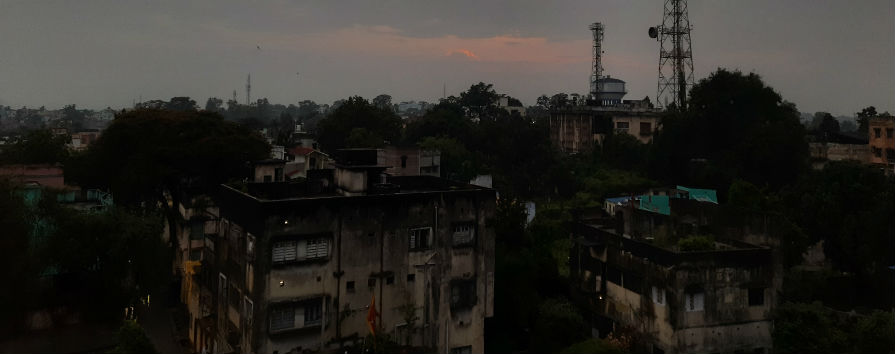Being near Jharkhand border, Asansol has a lot of quirky similarities with this state, and litti chokha is one of them. Know Asansol from a different angel, and you will love this city!
Asansol, the City of Brotherhood is approximately 188 – 200 km from Kolkata. It is the second-largest city in West Bengal and one of the most densely populated ones in the state. Surprisingly, it is listed among one of the 100-fastest growing cities in the world and is ranked 11th amongst the Indian cities.
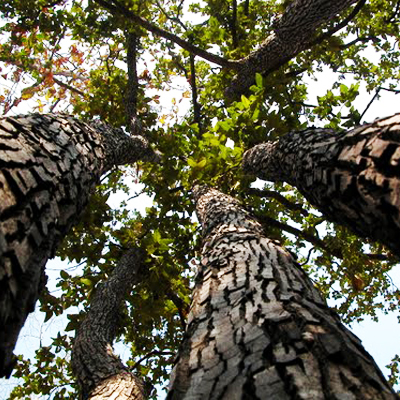
Asansol comes from two words: “Asan” – a species of tree which generally grows thirty meters tall and “sol” referring to land. Being located on the banks of river Damodar, Asan tree is found in abundance in the city and the land undoubtedly has enriching minerals nourishing it.
Though there are many tourist spots around the city, there’s nothing specific in this city to attract tourists. However, on any given day, as a passer-by, if you get a chance to cross by the main road of Asansol, do take a break near the Station Road More.
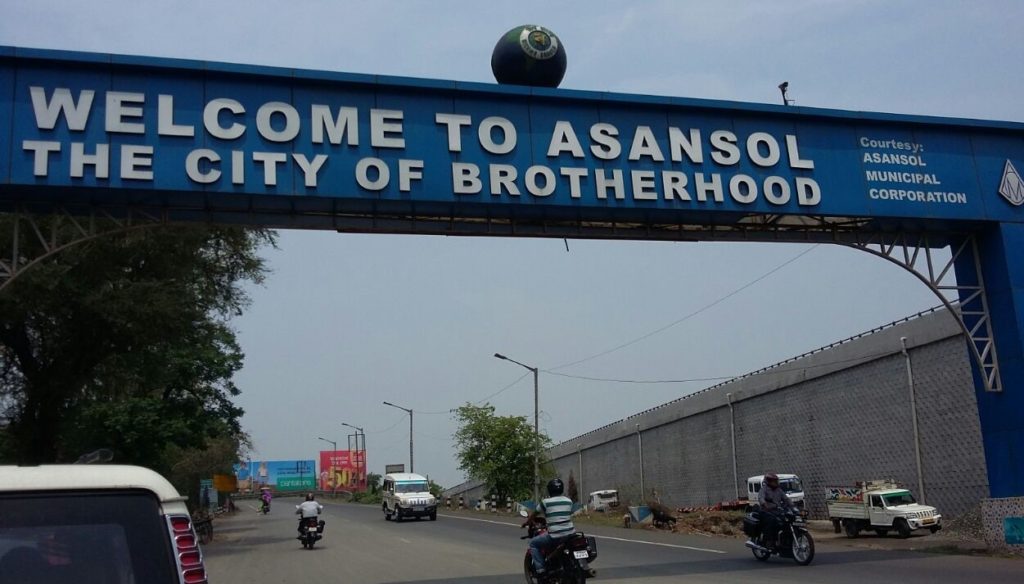
On the right corner of Station Road More, you will find a litti shop, which has been famous for its litti since ages. Being from Jharkhand and knowing the true flavour of litti-chokha, I can vouch on the fact that you will not find anyone else as proficient as these two brothers in the art of making litti.
To Know Litti’s recipe – Vegrecipies
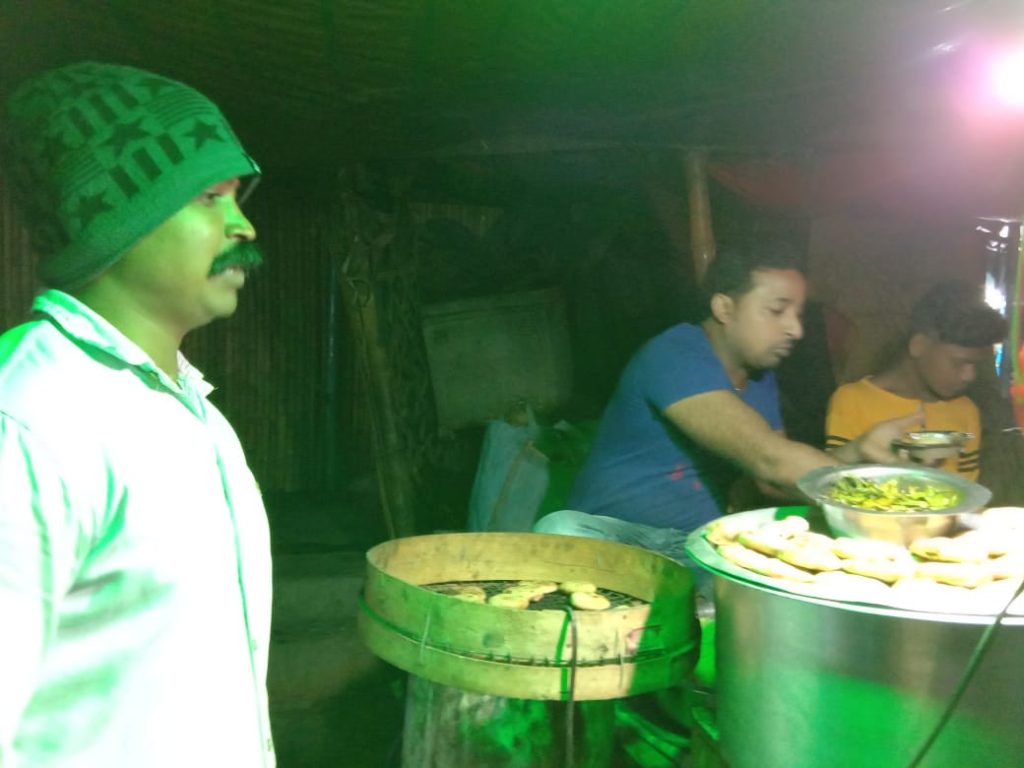
The shop remains closed in the morning. And as dusk sets in, you will see these two brothers setting up their shop in the same old fashioned manner; first, they clean the place, light the chulha, and offer a prayer to it before taking out the rest of the materials from their van. They are mostly open all throughout the night to ensure that no labourer or night worker stays hungry. 2 pieces of litti, soaked in ghee and with chokha, aanchar and bharta as accompaniments cost around 10 bucks.
The stall is located under a tall Asan tree with one bench for the customers. They sit on the slightly elevated ground and be it winter or summer, you will see them busy with the chulha preparing litti which is best when served hot.
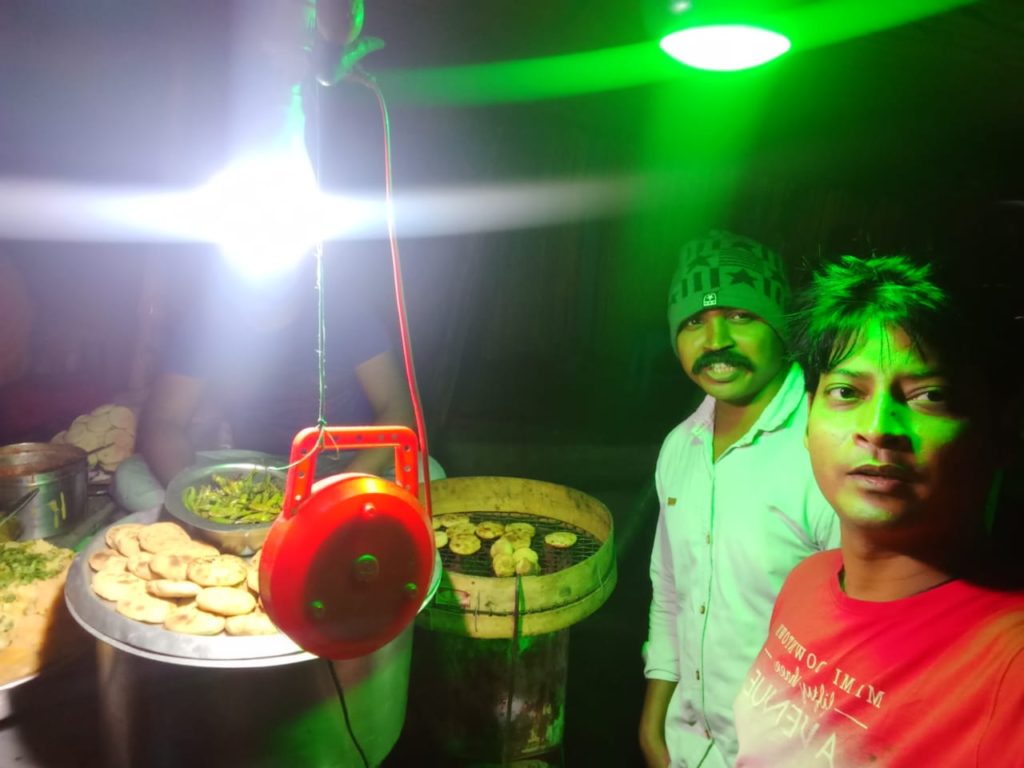
Related: Durgapur – Not just an industrial city
As the evening progresses into night, the commotion of the busy road starts dying out. Sitting on the bench you can see the city changing its mood and taking the shape of the mafia-land from the land of brotherhood. Until and unless you are acquainted with the localities, it is better to move out of the place by 11 pm and to spare yourself from the crudeness of Asansol.
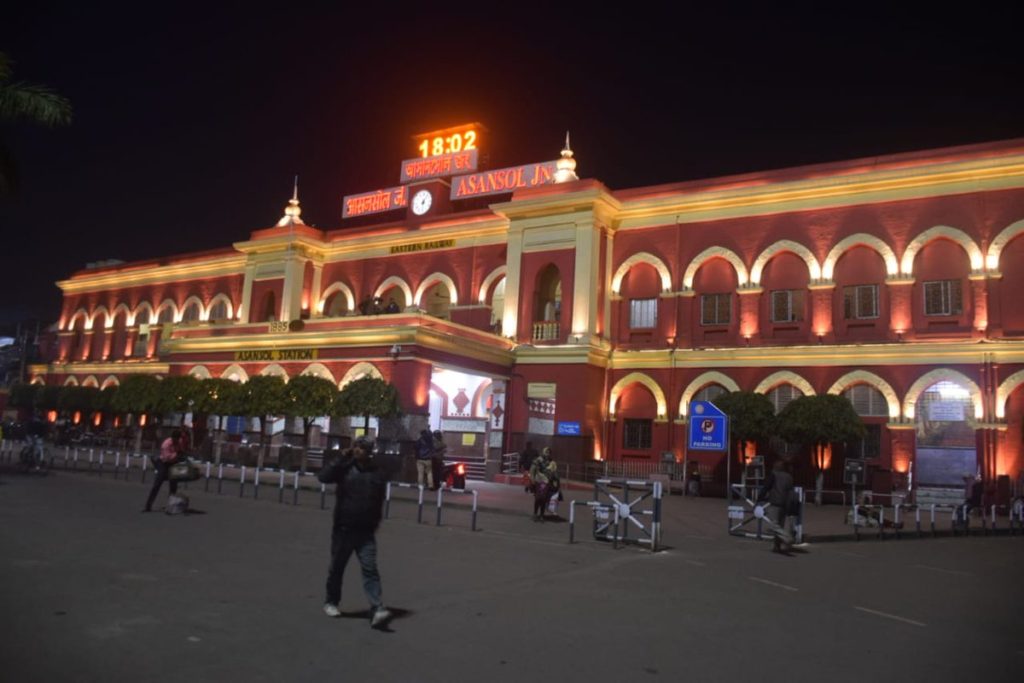
Earlier this shop was located near Asansol Railway Station with 2 -3 cots spread in front of the shop. So, after a boring train journey, you could conveniently go there and immerse yourself in the aroma of burning coal, ghee, and the different spices. You could just lie down on a cot and count the stars, while they prepared the hot litties, carefully soaked them in ghee and served them on a salpatar bati with chokha, bharta and chilli fry.
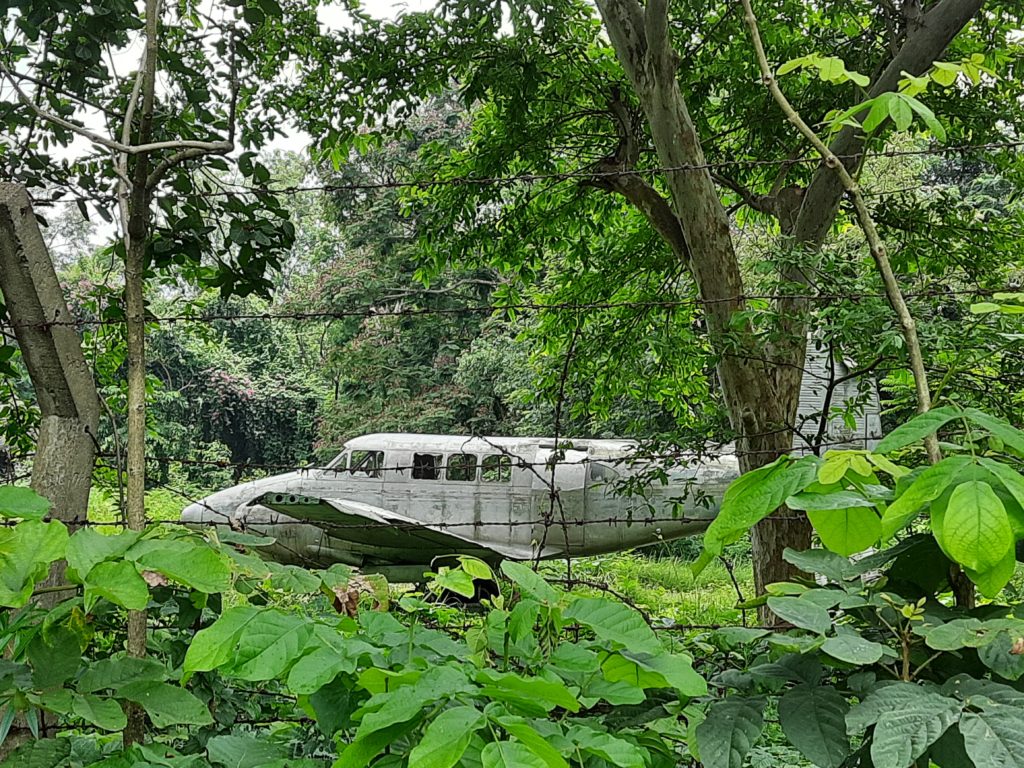
In the silence of the night, when your only companions are the occasional sound of trains whishing fast, or of a few trucks speeding ahead, the smiling face of the brothers enquiring everyone, “Aur do dey kya?”, with that litti chokha in your hand, you could find the other facet of West Bengal. In this so-called unsafe land, where coal mafia is a common term, if for a while, you could forget everything and listen to the banters of the truck drivers, you would have wondered like me, “What a life they have! Travelling every day from one place to another, risking their lives – is it worth it? Or is it the true adventure?”
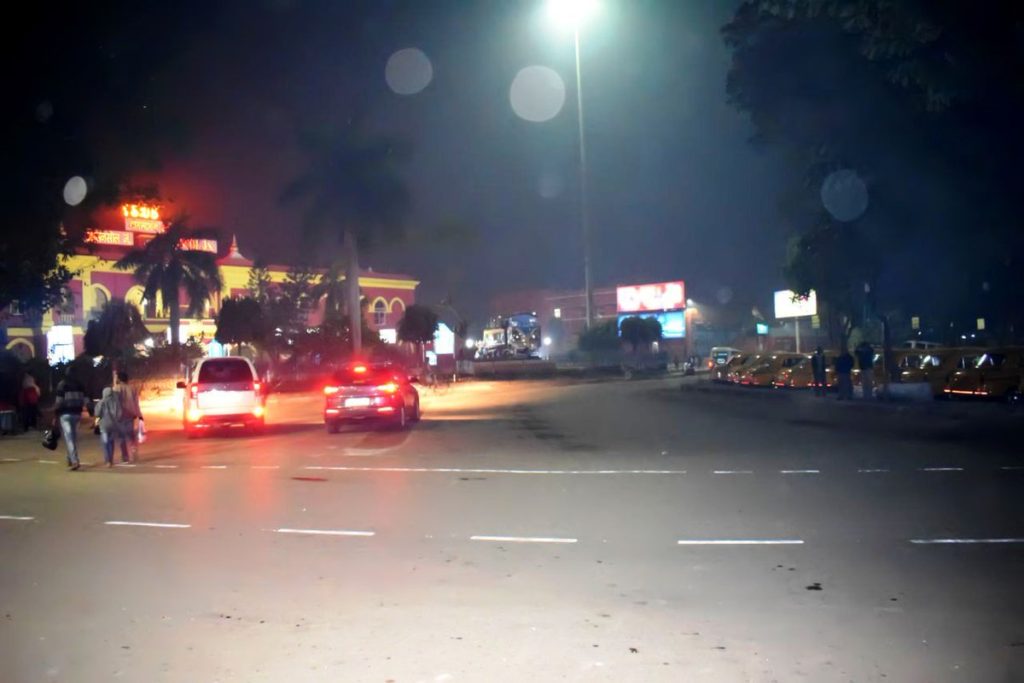
If you ever happen to be in Asansol in the winters, instead of visiting the Galaxy malls and other upcoming malls, take a walk through the city. Visit the schools which the Brothers have moulded with their patience and care. Visit the coal mines, which forms the backbone of not just this city but our West Bengal. And, during one of those wintry chilly nights of January, when the stars smile at you from the clear sky, go to this lonely litti chokha shop and savour the true taste of North India in West Bengal.
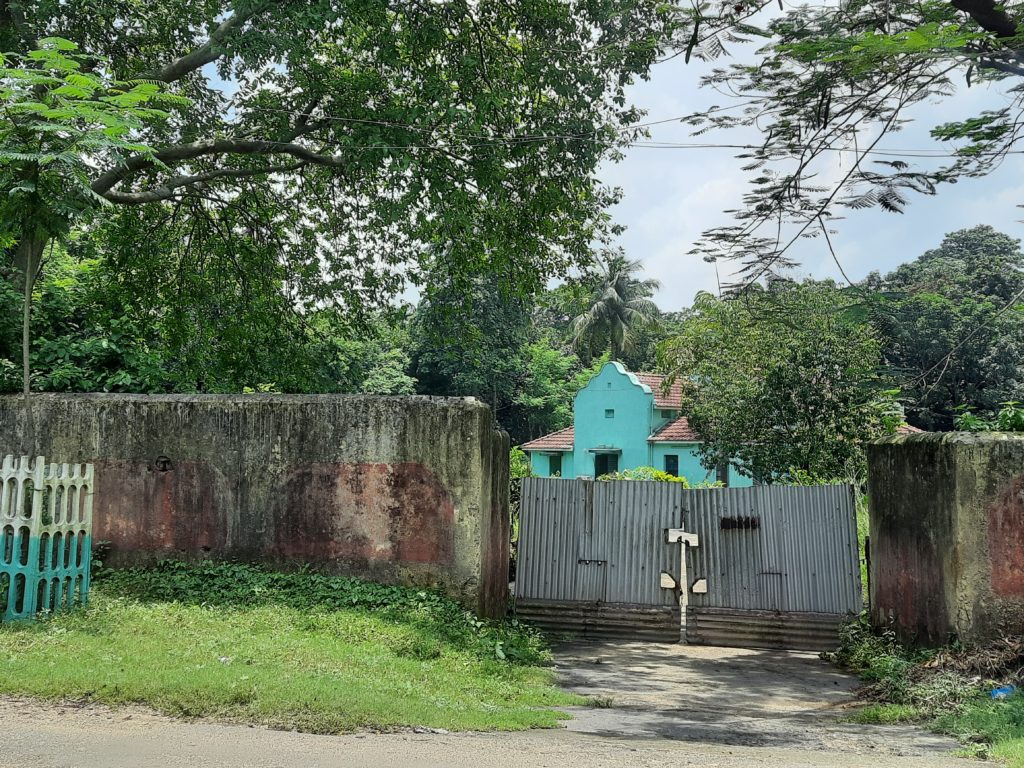
Image Courtesy: World Wide Web, Subhankar Biswas and Our Friend Asish Toppo

